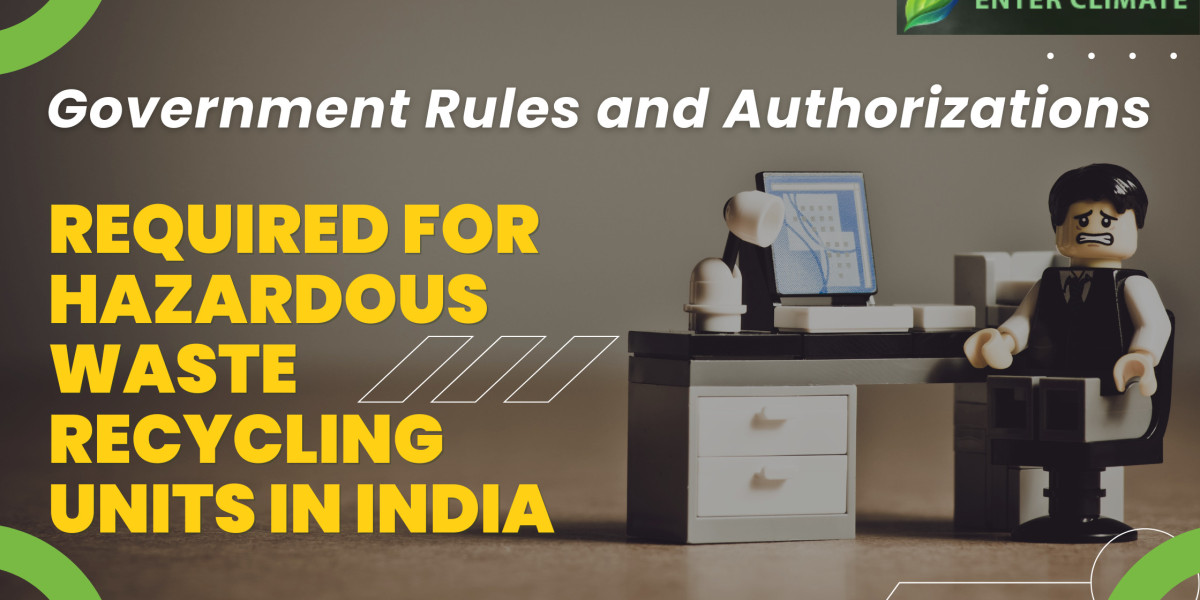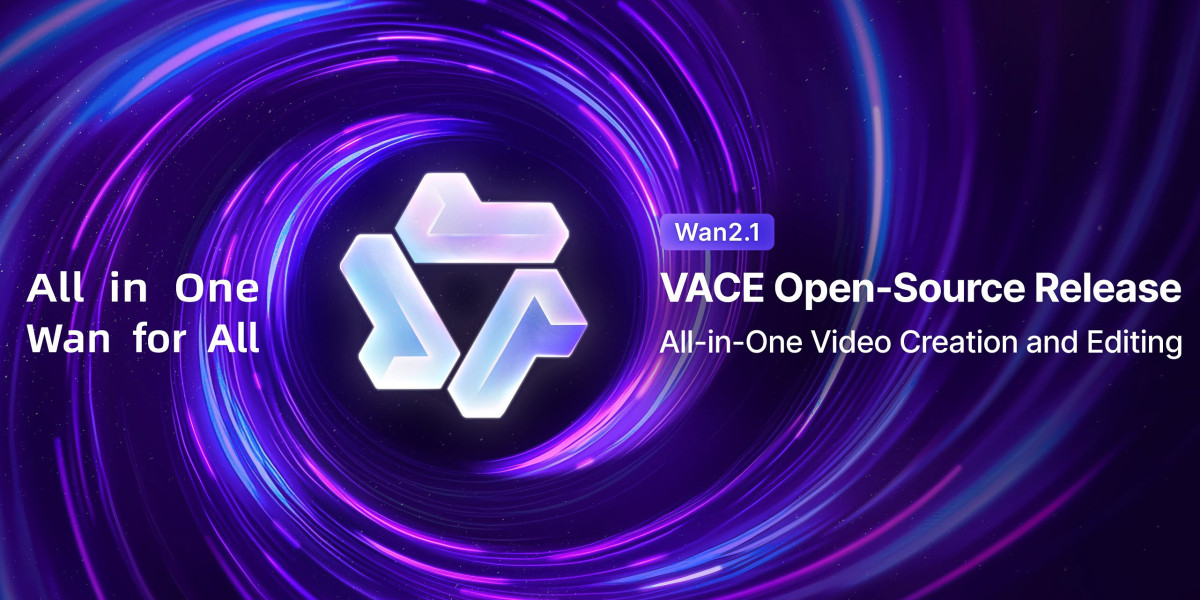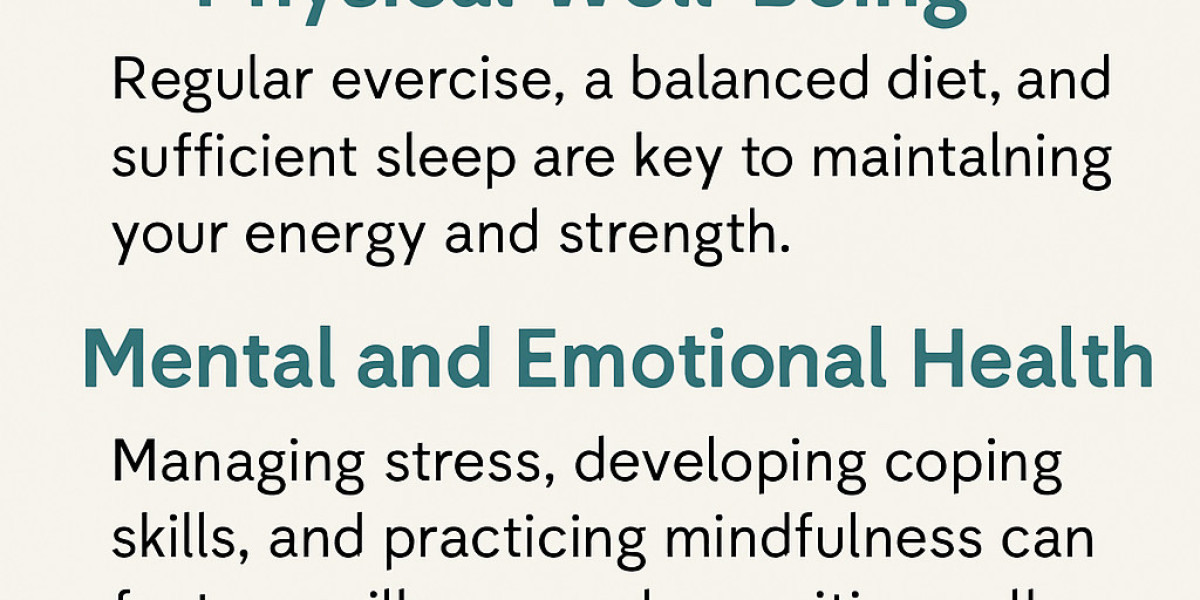Important: If you want to start a hazardous waste recycling unit, or even a flour mill, paddy processing or grain-processing business, you need to follow certain rules set by the government (so that people and the environment stay safe). We’ll walk you through what those rules are, what permissions you need, and why they matter.
What the hazardous waste recycling business is
Before diving into rules: What is a hazardous waste recycling business?
“Waste” means stuff that’s been used, or is a by-product, something people want to throw away.
“Hazardous waste” means a kind of waste that can harm people, animals, plants or the environment. For example: chemicals, oils, solvents, heavy metals, things that catch fire easily, things that leak poisons.
“Recycling business” means you pick up or receive waste, then process it so you can either reuse it, recover something useful from it, or safely dispose of it.
So a hazardous waste recycling unit processes those dangerous wastes, so they don’t hurt us or nature.
Why you also hear about flour mills, paddy processing & grain processing
You asked about starting a flour mill business, paddy processing industry and grain processing industry. Although those are different industries (focused on food/farming), knowing them helps because:
In grain and paddy processing, there are by-products (husks, bran, dust, etc.). Good management of those by-products is important for environment safety. That links loosely to waste management thinking.
If you’re already thinking about setting up one business (like a flour mill or paddy processor), and later you want to start something like hazardous waste recycling, you’ll need a similar approach: find location, get permissions, look at environment safety, set up operations.
It shows that business plans often involve multiple steps: raw material → processing → by-product / waste → disposal or recycling.
Therefore, some of the rules we’ll talk about (waste/recycling) can help you see how to build responsible business practices in all these industries.
The main government rules & authorisations for hazardous waste recycling units in India
Here are the key rules you must follow, written simply:
1. The legal basis
The rules for hazardous waste are under the Hazardous and Other Wastes (Management and Transboundary Movement) Rules, 2016 (often called HOWM Rules, 2016). Central Pollution Control Board+2mpcb.gov.in+2
Earlier, there was the Hazardous Waste (Management, Handling & Transboundary Movement) Rules, 2008 and before that even older rules. Indian Kanoon+1
The rules are made under the umbrella of the Environment (Protection) Act, 1986 so you have to comply with both the Act and the Rules. Indian Kanoon+1
2. What the rules expect you to do
These are the responsibilities if you generate, treat, store or recycle hazardous waste:
Authorization: If you are going to handle hazardous waste (generate it, store it, recycle it, transport it, dispose of it), you must obtain an authorisation from the State Pollution Control Board (SPCB) or Pollution Control Committee (PCC) in your state. Environmental Studies (EVS) Institute+1
Registration/Forms: You must fill specific forms (for example: Form 1, Form 3, Form 4 etc) telling the board how much waste you’ll generate, how you’ll handle it, where you’ll transport it, etc. ppsthane.com+1
Storage & handling standards: Wastes must be stored in leak-proof containers, labelled clearly (“Hazardous Waste”) in red, must have proper containment so there’s no leakage into soil/ground/air/water. dpcc.delhigovt.nic.in
Treatment, recycling, recovery and disposal: The waste should ideally be reduced, reused, recycled, or if that isn’t possible, safely disposed. The rules talk about a hierarchy: prevention → minimisation → reuse → recycling → recovery → safe disposal. Down To Earth+1
Transport & manifest system: When you move hazardous waste from one place to another, there should be a “manifest” (a document that tracks where the waste came from, who is transporting it, and where it goes) so nothing gets lost or mis-handled. ppsthane.com+1
Import/export rules: If you import hazardous wastes (for recycling etc) or export, then there are strict rules. For example: some wastes cannot be imported at all (Schedule VI wastes). mpcb.gov.in+1
Annual returns & inventory: You must file yearly returns with the SPCB about how much hazardous waste you handled, recycled, disposed of etc. Boards compile this into a national inventory. Central Pollution Control Board+1
3. How to set up a hazardous waste recycling unit – step by step
Here is a simplified step-by-step guide:
Choose location: You need a site where you can safely store, treat and recycle hazardous waste. Must be away from residential areas, have good infrastructure, containment etc.
Check category of waste: Determine which kinds of hazardous wastes you will handle (as per the schedules in the Rules). Are they permitted for recycling? Are they listed as recyclable? Central Pollution Control Board
Prepare an application: Fill the required form (Form 1 or other), submit to the SPCB/PCC in your state. Include: your business details, site plan, process flow-diagram, the kinds and quantities of waste, safety measures, storage plan, emergency plan etc. Indian Kanoon+1
Obtain authorisation: Once everything is satisfactory, the SPCB will grant you authorisation. Keep it visible, follow its conditions. dpcc.delhigovt.nic.in
Set up infrastructure: Build or lease infrastructure for storage (secure floor, containment), treat waste (if you have treatment line), transport. Ensure labelling, safety gear for workers, leak-proof containers etc.
Start operations: Collect/recycle waste only for which you are authorised. If transporting waste out, use authorised transporter and the manifest system. Keep detailed records.
File returns: At end of financial year (or as required), submit annual returns to your SPCB, stating how much waste you recycled, disposed of etc. This helps the board make inventory. Central Pollution Control Board
Continuously comply & monitor: Ensure daily operations keep to rules. Do safety audits. Make sure no unauthorised changes (changing process, increasing waste types) without permission. Indian Kanoon
4. Why the rules matter
Health & environment: Hazardous wastes can harm humans (through breathing bad air, contaminated water, skin contact) and damage land, water, animals. Proper recycling prevents that.
Legal risk: If you don’t follow the rules, you may get fined, shut down, or face legal action under the Environment (Protection) Act. Environmental Studies (EVS) Institute
Business credibility: Having authorisation, following rules, ensures your business can work long-term and gain trust of customers, government agencies, investors.
Resource recovery: The rules emphasize that waste is not just “trash” — it could be a resource (materials, energy). Recycling hazardous waste recovers value. Down To Earth
How this links to flour mill / paddy / grain processing business
Though the rules above are specific to hazardous waste recycling, they still help you shape your thinking when you “start flour mill business”, “start paddy processing industry” or “start grain processing industry”. Here’s how:
By-products & waste management: In a flour mill or paddy processing unit, you will generate bran, husks, dust, wastewater etc. While these may not all be “hazardous wastes”, you will still need to think of how to handle them, store them, recycle or dispose safely. If you ever handle chemicals (cleaning agents, solvents, oils) you might even cross into hazardous waste territory.
Permissions & infrastructure: For any processing business you start, you will get permissions (factory licence, environmental clearance if required, local municipal approvals). For hazardous waste recycling, you get more stringent authorisation. But the steps (location, site plan, safety) are similar.
Cleaner production mindset: Whether you process grams of wheat into flour or tonnes of waste into recycled resource — the mindset of minimising waste, treating by-products, avoiding pollution, is common. If you plan to run multiple units (grain processing + recycling by-products + maybe hazardous waste later) it’s good to learn the rules now.
Scale & business synergy: Suppose you own a grain processing business and you generate dust, husk, oil residues etc. If you also set up a recycling unit (for instance of used oils, packaging waste, etc) the experience you gain from hazardous-waste recycling rules will help manage your other businesses responsibly.
Things to keep in mind & helpful tips
Always check the Schedule lists in the Rules: Wastes are listed in schedules; some wastes you may handle easily, some are banned from import/export. mpcb.gov.in+1
Make sure your facility has contingency plan (what will you do if there’s a leak, fire, accident) and that workers are trained. dpcc.delhigovt.nic.in
When starting your business (flour mill / grain / paddy / recycling) do a feasibility study: costs of authorisation, infrastructure, compliance, safety equipment.
Keep a dedicated person (or team) for compliance: record-keeping (which waste, how much, where it went), annual returns, manifest tracking. Many units fail exactly because of missing records. ppsthane.com
Stay up-to-date with amendments: The rules for hazardous waste have been amended many times (2016, 2017, 2018, 2019, 2020, 2022 etc) because technology, environment concerns, business models evolve. Central Pollution Control Board
If you are also working on flour mill or grain processing, select site that is suitably zoned (industrial) and has good access, utilities, and proper neighbourhood so you can comply with municipal, state and environment norms.
Consider economics: Recycling hazardous waste requires investment in infrastructure (safe storage, treatment, containers, labelling, transport). Make sure your business model covers those costs.
Engage with SPCB early: Talk to them about your project, ask for guidance, know what forms you’ll file, what local conditions apply in your state. Each state may have slightly
FAQs
Here are some Frequently Asked Questions and their answers, simple style:
Q1. What does “authorization” mean?
A: It means you get formal permission from the state pollution board to handle hazardous waste. Without it, you cannot legally store, treat, recycle hazardous waste.
Q2. Do I need authorization if I only process grain or paddy?
A: If your grain/paddy business produces only normal, non-hazardous waste (husks, bran, dust), likely you don’t need the hazardous-waste authorisation. But you may need other permissions (factory licence, pollution consent for air/water). If you handle chemicals, oils, solvents etc then you may cross into hazardous-waste territory.
Q3. What kind of wastes are “hazardous”?
A: Wastes that are dangerous — flammable liquids, acids/bases, heavy metals (lead, cadmium), solvents, certain sludges. The rules list them in Schedule III/IV of HOWM Rules. Environmental Studies (EVS) Institute
Q4. Can I import hazardous waste for recycling?
A: Yes, but only under certain conditions: you must be authorised, you must use it for recycling/recovery, you must follow prior informed consent, and some wastes are banned for import (Schedule VI). mpcb.gov.in
Q5. What happens if I don’t follow the rules?
A: You may get fines, your business could be shut down, you may have to clean up environment damage. The pollution board has power to enforce. Environmental Studies (EVS) Institute
Q6. Does the hazardous-recycling unit need to submit returns every year?
A: Yes. You have to submit annual returns about how much waste you handled, recycled, disposed etc. The SPCB uses this to compile a national inventory. Central Pollution Control Board+1
Q7. My grain-processing business also uses machines and chemicals (for cleaning) — is that hazardous waste?
A: Possibly. If you use chemicals or oils that are hazardous when discarded, you may need hazardous-waste authorisation for that part. It is safest to check with your local SPCB.
Q8. How is this different from a simple flour mill business?
A: A flour mill business mostly processes grain into flour; the waste/by-products are usually not very hazardous (though still need safe management). A hazardous-waste recycling business deals with dangerous wastes and has stricter rules, authorisations, tracking, safety infrastructure.
Quick summary of starting each business you mentioned
Start flour mill business: Find raw material (wheat, rice), get land/premises, get machine (mill), labour, get licences (factory, food safety, local), manage by-products (bran, dust), sell flour.
Start paddy processing industry: Paddy → remove husk, polish, store rice, manage husk/husk-dust, get licences (agriculture processing, food safety, environment if needed).
Start grain processing industry: Similar: grains (wheat, maize, barley) → cleaning, sorting, processing, packaging, by-product management.
Start hazardous waste recycling business: More complex: identify hazardous wastes you will handle, site/infrastructure, obtain authorisation from SPCB, set up safe storage/treat/reuse plan, transport manifests, possibly import rules, insure safety, file annual returns, manage risk.
Although the last one is more regulated, the thinking behind all is: choose business → choose site → comply with rules → install proper infrastructure → operate responsibly.
Author Profile
Name: [Upendra Sharma]
Expertise: Business adviser specialising in small-and-medium industries, particularly processing units and recycling ventures in India. I have helped entrepreneurs understand how to start their business, get approvals, and ensure environmental compliance.
Mission: To help you understand business setup in a simple way, with the right knowledge so you can build something that’s good for you, good for your workers, and good for the planet.
Source By :- https://gharmy-mmao.mn.co/posts/get-epr-authorization-for-your-lithium-ion-battery-business







